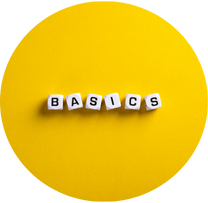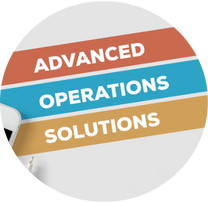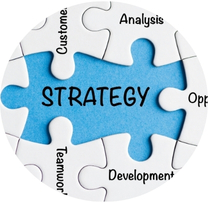- Home+
- About+
- Services+
- Packages+
- Sectors+
- Blog+
- Contact+
- Home+
- About+
- Services+
- Packages+
- Sectors+
- Blog+
- Contact+
on page seo

Successful Projects
0
+

happy clients
0
+

tasks completed
0
+

team
0
+

on page seo
On-page SEO involves optimizing individual web pages for search engines. It includes optimizing content with relevant keywords, using descriptive meta tags, and creating a user-friendly structure. Other aspects include image optimization, proper header tags, and ensuring mobile responsiveness. Effective on-page SEO enhances a page’s visibility, relevance, and user experience, contributing to higher search engine rankings.
Trusted on page seo Company In India
Rebecca Digital, a trusted on-page SEO company in India, excels in optimizing individual web pages. With a focus on keyword optimization, meta tag enhancement, and user-friendly design, we ensure elevated online visibility for businesses seeking reliable on-page SEO solutions.
Committed to excellence, Rebecca Digital employs a skilled team dedicated to fine-tuning on-page elements. By implementing strategic keyword placements, refining meta descriptions, and optimizing content, we enhance website relevance and user experience, contributing to improved search engine rankings for businesses in the Indian market.
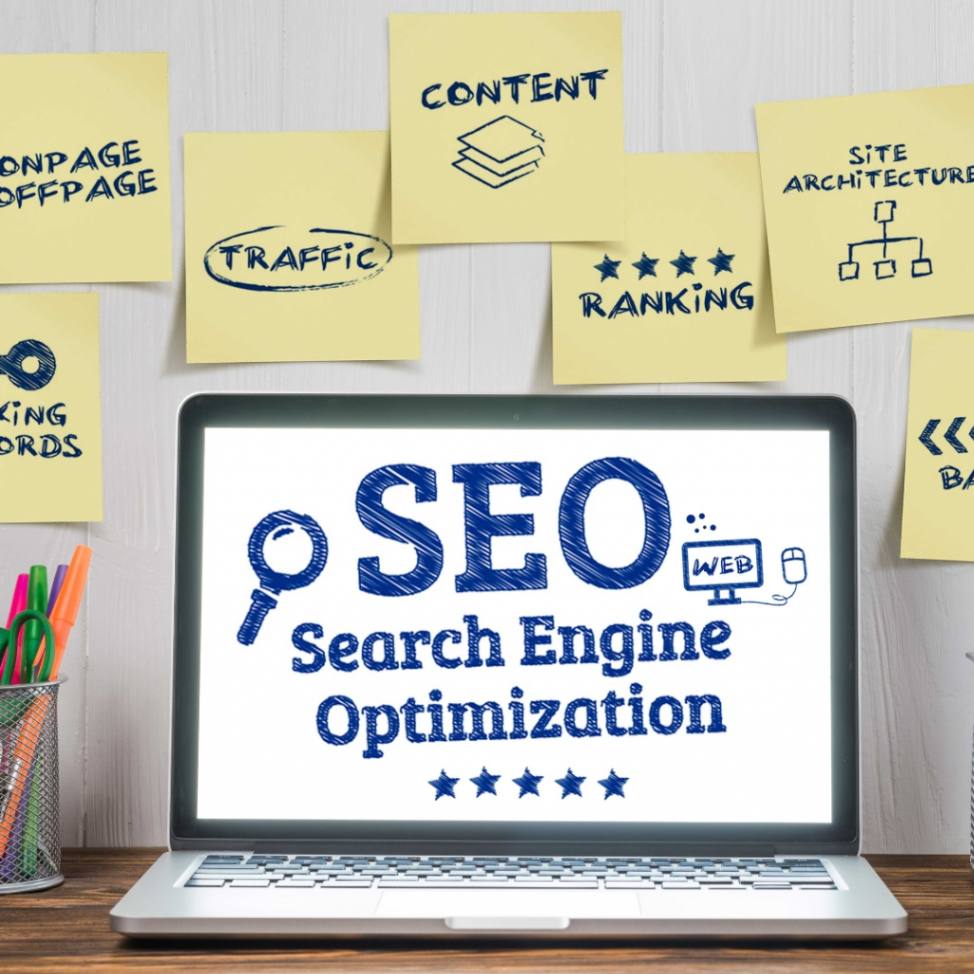
on page seo Packages
Why Hire A on page seo Company?

Elevate your online presence by choosing Rebecca Digital for on-page SEO. Our experienced team optimizes individual web pages, ensuring they rank higher in search results, attracting targeted traffic and potential customers.
Hiring Rebecca Digital ensures expert attention to on-page elements. From keyword optimization to user-friendly design, we tailor strategies for enhanced relevance and visibility. Trust us for a comprehensive approach that propels your website to the forefront of search engine results.
What Our Clients Say About Our Services?
"Rebecca Digital stands out for its exceptional services. From insightful strategies to seamless implementation, they've significantly enhanced our online presence. Their dedication and results-driven approach make them an invaluable asset to any business."

Preeti Kapoor
Client
"Rebecca's digital marketing exceeds expectations—strategic brilliance, creative innovation, and a relentless pursuit of results. Their commitment to our brand's success shines through every campaign, showcasing expertise that sets them apart in the industry."
Rohan Patil
Client
"Rebecca Digital delivers excellence. Their cutting-edge solutions, innovative strategies, and impeccable execution consistently elevate our brand. A reliable partner, they navigate the digital landscape with expertise, ensuring sustained growth and success."
Nitesh Sharma
Client
"Rebecca Digital Marketing exceeded expectations, delivering impactful strategies that significantly boosted our online presence. Their team's expertise, creativity, and prompt communication made the collaboration seamless and highly effective."
Rajesh Gupta
Client
Why on page seo?
Benefits of on page seo
On-page SEO optimizes individual web pages, improving their visibility and relevance in search engine results. It enhances user experience, boosts search rankings, and attracts targeted traffic, making your online presence more effective and competitive.

Enhanced Visibility
On-page SEO improves your website’s visibility by optimizing content, meta tags, and headers, ensuring search engines recognize the relevance of your pages to specific queries.

Relevance to Keywords
Strategic use of keywords in content and meta tags aligns your pages with user search intent, making your site more likely to appear in relevant search results.

User Experience Improvement
Proper on-page SEO practices, such as mobile optimization and user-friendly design, enhance the overall user experience, leading to longer visit durations and decreased bounce rates.

Boosted Search Rankings
Well-optimized on-page elements contribute to higher search engine rankings. This increased visibility makes your site more accessible to users actively searching for relevant information or products.

Effective Call-to-Action
Clear and strategically placed calls-to-action within well-optimized content guide users towards desired actions, such as making a purchase or filling out a contact form, improving conversion rates.

Competitive Edge
Rigorous on-page SEO sets your website apart from competitors. It ensures that your pages not only rank higher but also provide a superior user experience, establishing your site as a credible and reliable source.
Why Choose Rebecca Digitals For on page seo Services In India?
Our on page seo Process
Keyword Research
Identify relevant keywords to target in on-page content, meta tags, and headers, aligning your pages with user search intent for improved search engine visibility.


Content Optimization
Craft high-quality, keyword-rich content that addresses user queries, ensuring relevance and providing valuable information, contributing to higher search rankings.
Meta Tag Enhancement
Optimize meta tags, including title and description, for each page, incorporating target keywords. This boosts search engine understanding and relevance, improving click-through rates.


Header Tag Optimization
Structure content with appropriate header tags (H1, H2, etc.), creating a hierarchy that improves readability for both users and search engines, positively impacting search rankings.
Image Optimization
Optimize images with descriptive file names and alt tags. This improves accessibility, enhances user experience, and provides additional context for search engines, contributing to overall on-page SEO success.
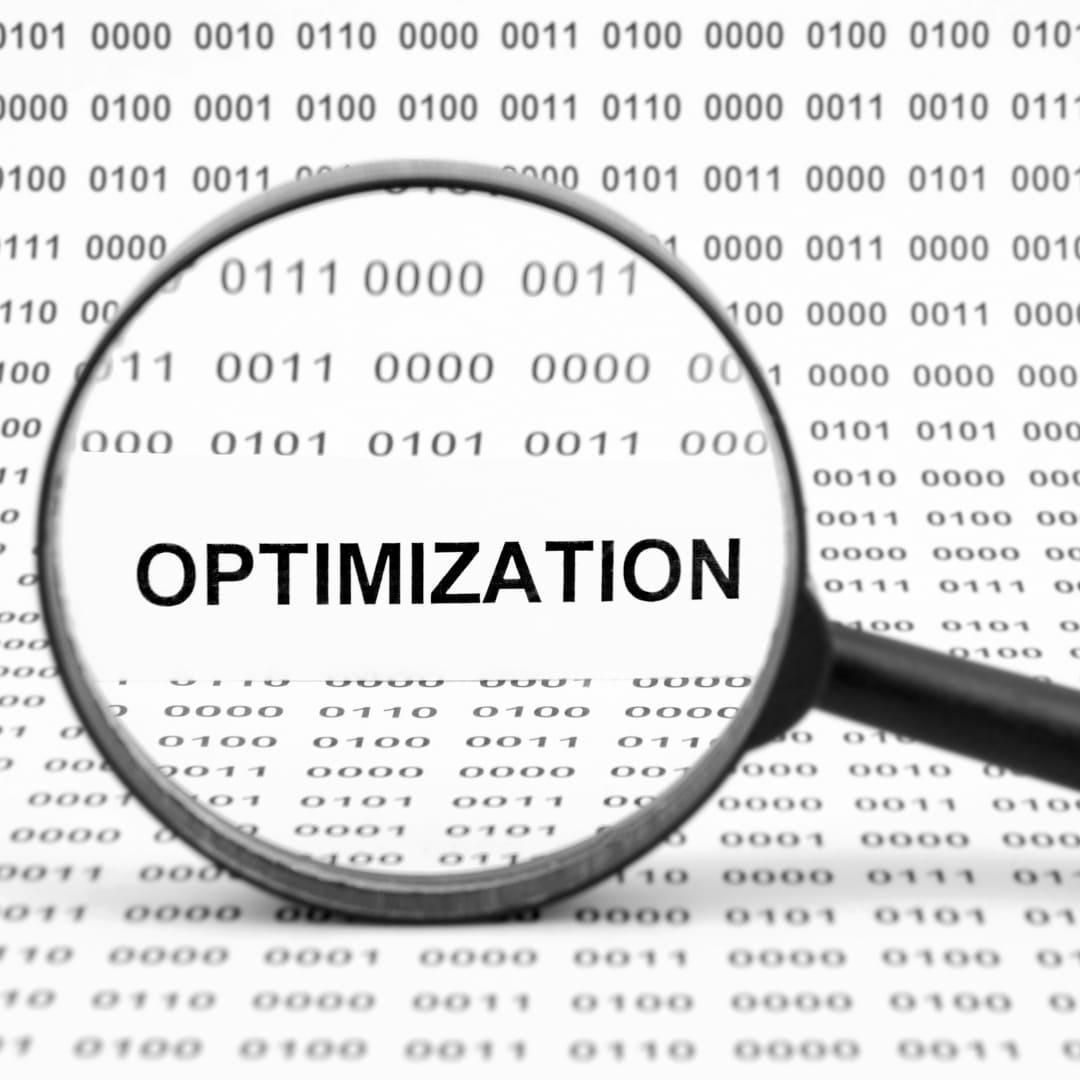

Internal Linking
Strategically incorporate internal links within content to guide users to relevant pages. This not only improves user navigation but also distributes link equity, positively affecting search rankings.
Mobile Responsiveness
Ensure pages are mobile-friendly, providing a seamless experience for users on various devices. Mobile optimization is a crucial factor in search engine rankings and user satisfaction.

FAQ's
all your queries are answered
On-Page SEO is crucial as it optimizes individual pages, enhancing visibility and relevance in search results, attracting targeted traffic, and improving overall user experience.
Keyword research identifies relevant terms users might search for. Integrating these keywords into content, meta tags, and headers aligns pages with user intent, boosting search engine visibility.
Content optimization involves creating high-quality, keyword-rich content that addresses user queries. This enhances relevance, increases search rankings, and provides valuable information to visitors.
Meta tags, including title and description, provide concise information about a page's content. Optimizing them with relevant keywords improves search engine understanding, click-through rates, and overall visibility.
Mobile responsiveness ensures a seamless user experience on various devices. As search engines prioritize mobile-friendly sites, this positively influences search rankings and overall On-Page SEO success.
Header tag optimization involves structuring content with appropriate headers (H1, H2, etc.), improving readability and signaling the importance of content to search engines, positively impacting search rankings.
contact us
get in touch with us
clients
meet our believers





